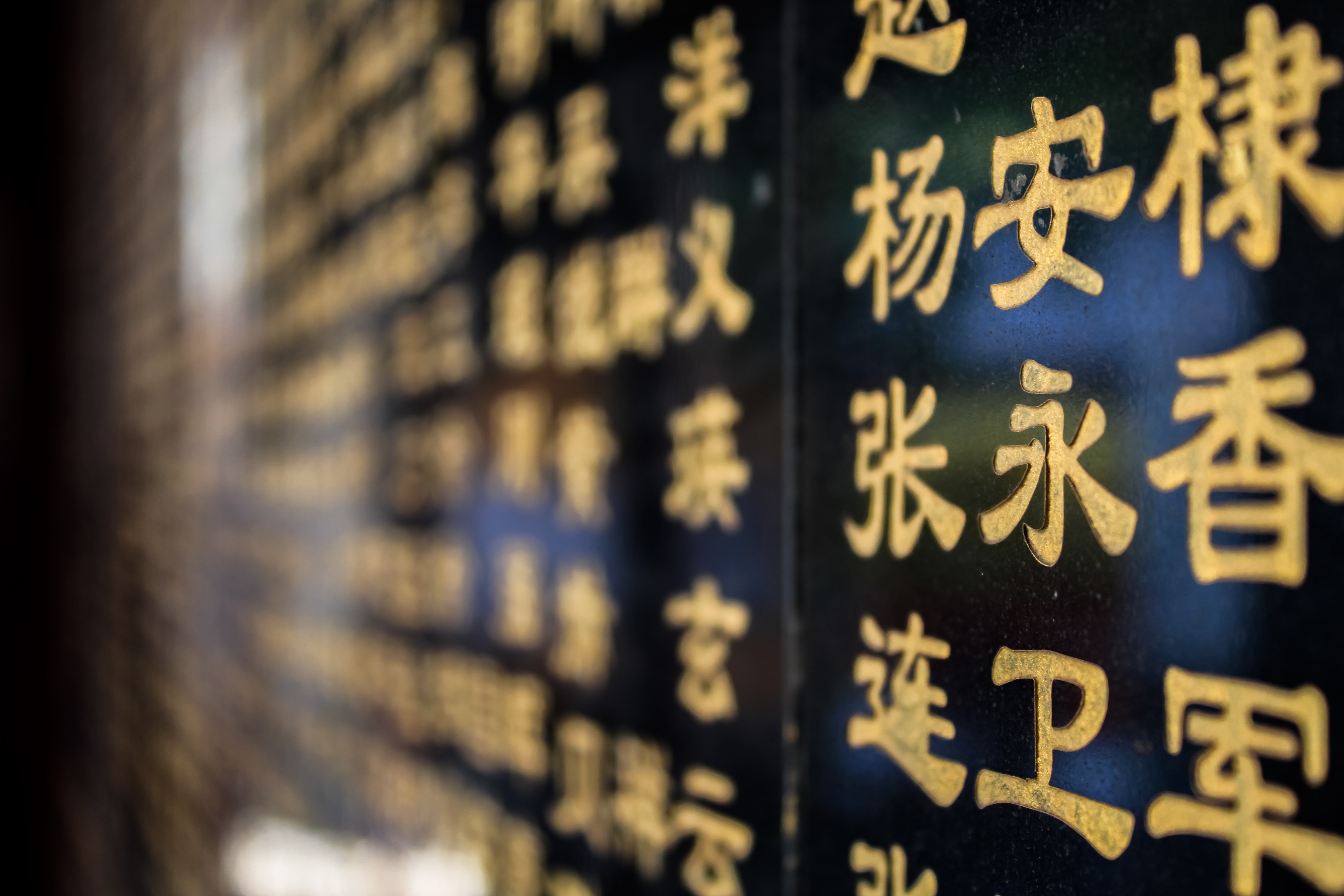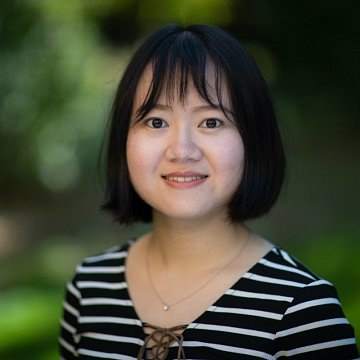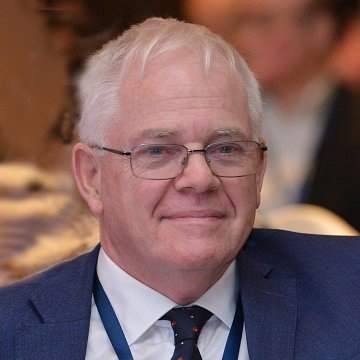Traditional Chinese Knowledge as Global Resources
- Yuting Shen, University of Hong Kong
- Yanzhen Zhu, University of Hong Kong
- Lili Yang, University of Hong Kong
- Simon Marginson, University of Oxford
Event Materials
This event is now archived and we are pleased to provide the following event media and assets, along with the original event overview.

Speakers: Yuting Shen, Yanzhen Zhu
Discussant: Lili Yang
Chair: Simon Marginson
Yuting Shen: ‘Incorporating Traditional Chinese Knowledge in Research: The Case of Chinese Humanities and Social Sciences’
There has been a growing awareness of the importance of intellectual pluriversality in global academia in recent decades, reflecting a decolonial desire to break the dominance of Western epistemologies and universalising tendencies, and calling for the coexistence of diverse epistemologies from various parts of the world (Mignolo, 2018; Oslender, 2018). Scholars increasingly recognise that the Western-dominated epistemology might not be able to address certain problems in the global knowledge system or the specific local needs of non-Western societies. On the other hand, Western and non-Western epistemologies are intertwined in contemporary non-Western knowledge, regardless of how much non-Western societies were once colonised. However, there is a lack of research that suggests concrete approaches to realising intellectual pluriversality.
Through the case of Chinese scholars in the humanities and social sciences, this talk provides an overview of promoting intellectual pluriversality in contemporary non-Western scholarship. It advocates to incorporate traditional Chinese knowledge as global intellectual resources in research as one of the initial and effective steps towards realising intellectual pluriversality. In general, interactions in international academic mobility and exchanges through academic works are seen as the main channels of promoting mutual respect and understanding between Chinese and Western knowledge. Particularly, the principles and directions of incorporating traditional knowledge in research have implications for fuelling non-Western humanities and social science scholarship while also providing intellectual resources to global higher education.
Yanzhen Zhu: ‘Transforming Chinese intellectual traditions into explicit knowledge: Pains and gains of China’s scholars’
Chinese intellectual traditions have been increasingly recognized as crucial for China’s higher education and world intellectual pluralism, yet transforming them into modern and global academic resources is still an intractable task. Borrowing Michael Polanyi’s notion of “explicit knowledge,” this report provides the perspectives of China’s scholars in the humanities and social sciences. Empirical evidence from 28 cases showed that Chinese intellectual traditions can be transformed into explicit approaches, paradigms, and theories, promoting academic breakthroughs in China and enriching world scholarship. Consciously or unconsciously, by so doing some participants have become nationally leading or have even gained international influence through English publications.
However, participants also admitted that this process is fraught with difficulties. In China’s academic circles, the Western-oriented mindset is still ingrained. Western theories and frameworks have often been uncritically followed, while Chinese traditions have long been underestimated and misunderstood. As a result, innovative academic works incorporating traditions are not particularly encouraged by the current official audit culture. Internationally, participants are also troubled by language barriers and epistemic bias. They find it difficult to balance indigenous cultural characteristics and universal rules of expression, and have to defend themselves against providing “local knowledge” only. With strong confidence in the value of Chinese intellectual traditions, most participants are optimistic to grasp the nettle. Their explorations are not only important for humanities and social sciences research in China but also meaningful globally.
Booking
You will need to register to join this webinar. Please register here




